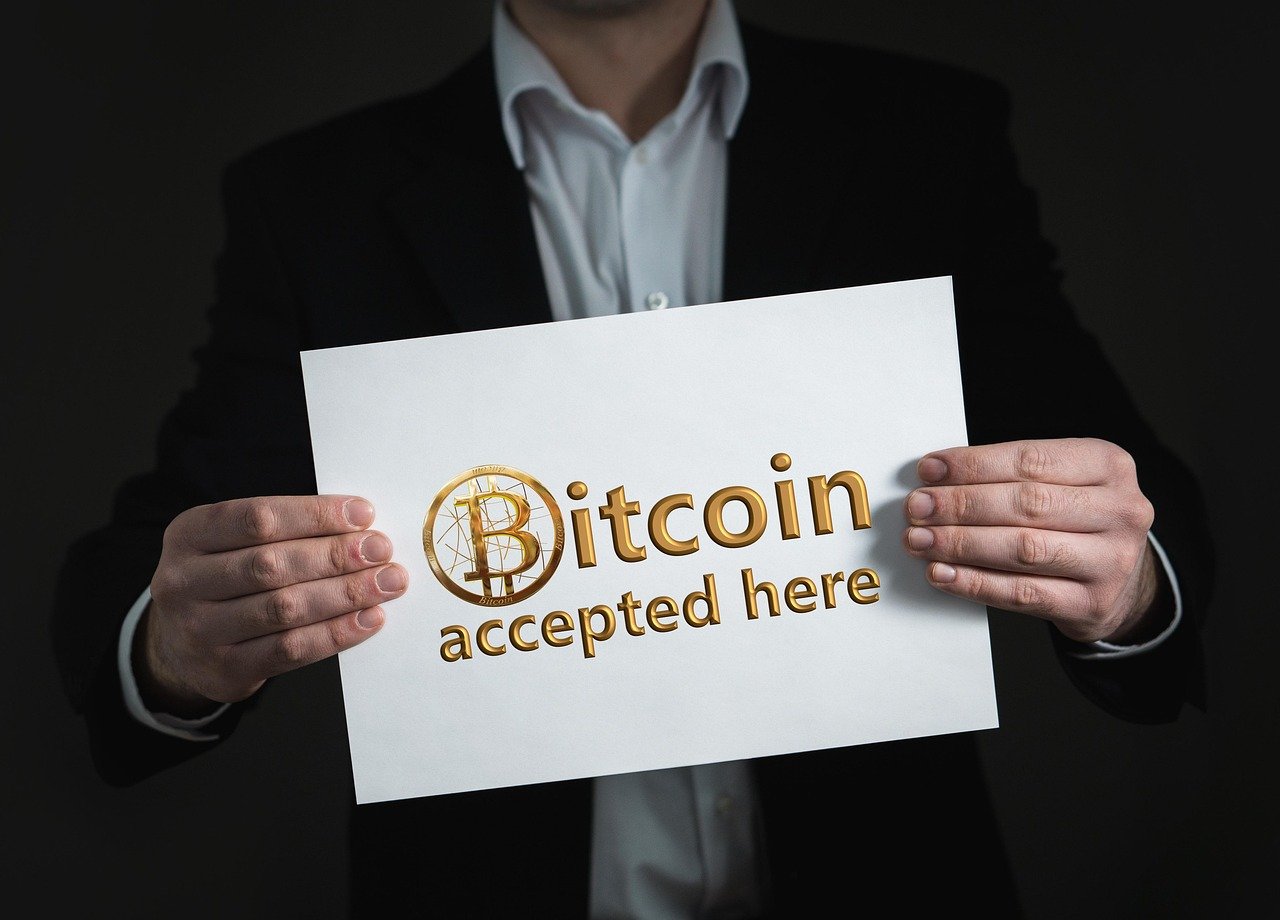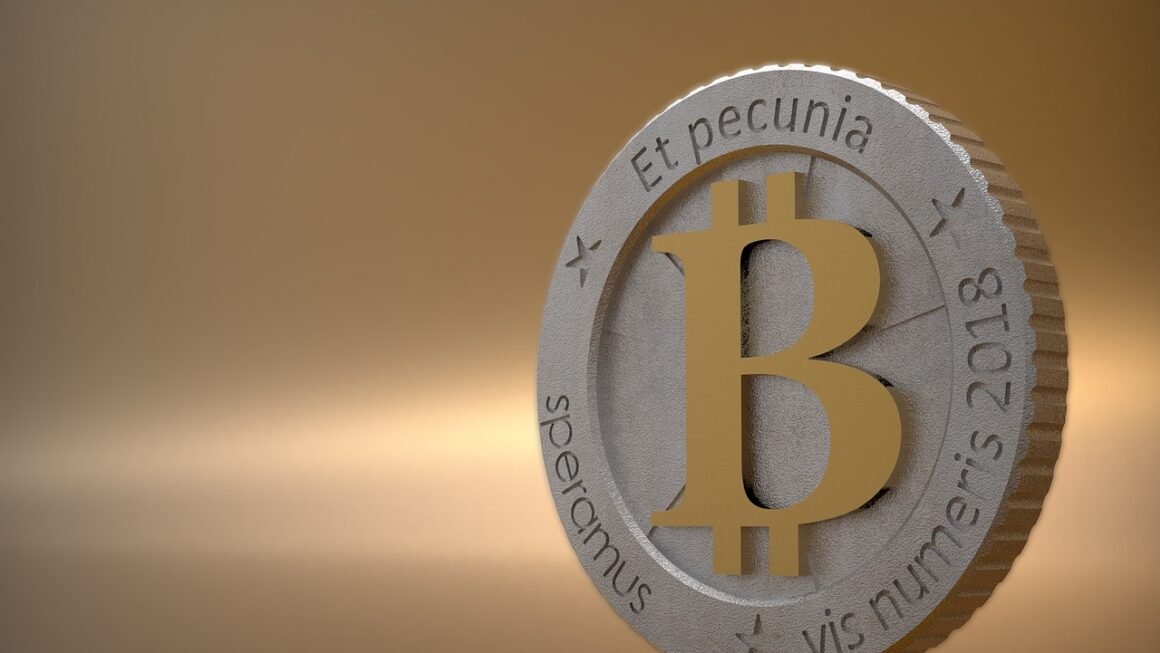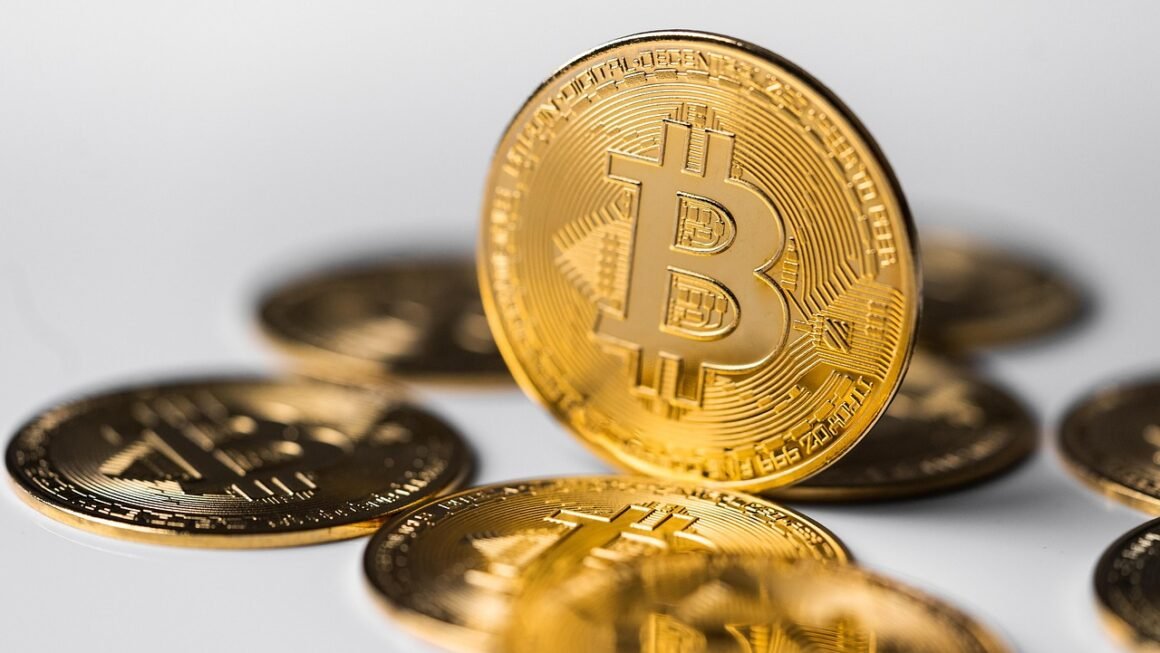Decentralized Autonomous Organizations (DAOs) are revolutionizing the way communities and businesses operate, offering a transparent and democratic approach to governance. Imagine a self-governing entity where decisions are made collectively by its members through smart contracts on a blockchain. That’s the essence of a DAO. This blog post dives into the world of DAOs, exploring their mechanics, benefits, use cases, and the future they promise.
What is a DAO?
Defining Decentralized Autonomous Organizations
A DAO, or Decentralized Autonomous Organization, is essentially an internet-native entity with a set of rules encoded in smart contracts on a blockchain. These smart contracts automate the decision-making process, ensuring transparency and immutability. Members typically participate in governance by holding tokens that grant voting rights.
- Decentralized: Power is distributed among members rather than concentrated in a central authority.
- Autonomous: Operates based on pre-defined rules encoded in smart contracts.
- Organization: A structured entity with a common purpose, involving multiple individuals.
How DAOs Work
The core functioning of a DAO relies heavily on its smart contracts. Here’s a breakdown of the process:
For example, imagine a DAO managing a shared investment fund. Members could propose different investment opportunities, and token holders vote on where the funds should be allocated. Once a proposal passes, the smart contract automatically executes the investment, ensuring accountability and removing the need for a trusted intermediary.
Benefits of DAOs
Enhanced Transparency and Trust
One of the primary benefits of DAOs is increased transparency. All transactions and decisions are recorded on the blockchain, creating an immutable audit trail. This transparency fosters trust among members and reduces the potential for corruption or mismanagement.
- Immutable record of all transactions.
- Eliminates the need for intermediaries.
- Reduces the risk of fraud and corruption.
Democratic Governance
DAOs empower community members by providing a platform for democratic decision-making. Token holders have the right to vote on proposals, ensuring that the organization’s direction reflects the collective will of its members. This can lead to more inclusive and equitable outcomes.
- Each token holder has a voice in the decision-making process.
- Encourages active participation and engagement.
- Reduces the risk of decisions being made by a small group of individuals.
Increased Efficiency and Automation
Smart contracts automate many of the administrative tasks associated with traditional organizations, leading to increased efficiency and reduced operational costs. Decisions are executed automatically once they meet pre-defined criteria, eliminating the need for human intervention.
- Reduces the need for manual processes and paperwork.
- Speeds up decision-making.
- Lowers operational costs.
Global Collaboration
DAOs are borderless organizations, allowing individuals from all over the world to collaborate and contribute. This can lead to greater diversity and innovation, as well as access to a wider pool of talent and resources.
- Facilitates cross-border collaboration.
- Access to a diverse range of perspectives.
- Reduces geographic limitations.
Use Cases for DAOs
Investment DAOs
Investment DAOs pool capital from members to invest in various assets, such as cryptocurrencies, NFTs, or real estate. Decisions on which assets to invest in are made collectively through voting.
- Example: Syndicate DAO, which invests in early-stage web3 companies.
- Members contribute capital and vote on investment opportunities.
- Profits are distributed proportionally based on token holdings.
Grant-Giving DAOs
Grant-giving DAOs allocate funds to projects and initiatives that align with the DAO’s mission. These DAOs provide a transparent and democratic way to fund valuable projects.
- Example: Gitcoin Grants, which funds open-source software projects.
- Community members propose projects, and the DAO votes on which projects to fund.
- Funds are distributed based on the voting results.
Social DAOs
Social DAOs bring together like-minded individuals to connect, collaborate, and share resources. These DAOs often focus on specific interests or communities.
- Example: Friends With Benefits (FWB), a social DAO for creatives and technologists.
- Members gain access to exclusive events, networking opportunities, and resources.
- Governance decisions are made collectively by token holders.
Protocol DAOs
Protocol DAOs govern decentralized protocols, such as DeFi platforms. They allow token holders to participate in the protocol’s development and evolution.
- Example: MakerDAO, which governs the DAI stablecoin.
- Token holders vote on parameters such as stability fees and collateral types.
- Ensures the protocol remains decentralized and responsive to the needs of its users.
Challenges and Considerations
Legal and Regulatory Uncertainty
DAOs are a relatively new phenomenon, and their legal status is still unclear in many jurisdictions. This uncertainty can create challenges for DAOs operating in regulated industries.
- Lack of clear legal frameworks.
- Potential liability issues for members.
- Difficulty in complying with existing regulations.
Security Risks
DAOs rely on smart contracts, which are vulnerable to hacking and exploits. A security breach can lead to significant financial losses and damage the DAO’s reputation.
- Smart contract vulnerabilities.
- Risk of attacks and exploits.
- Importance of robust security audits.
Governance Challenges
Effective governance is crucial for the success of a DAO. However, it can be challenging to design a governance system that is both democratic and efficient.
- Low voter turnout.
- Difficulty in reaching consensus.
- Potential for manipulation and abuse.
Scalability
As DAOs grow in size, it can become more challenging to manage governance and decision-making effectively. Scalability solutions are needed to ensure that DAOs can continue to operate efficiently as they scale.
- Increased complexity in decision-making.
- Need for efficient communication channels.
- Potential for governance bottlenecks.
Conclusion
DAOs represent a groundbreaking shift in how organizations are structured and governed. By leveraging blockchain technology and smart contracts, they offer greater transparency, democracy, and efficiency. While challenges remain, the potential of DAOs to revolutionize industries and empower communities is undeniable. As the DAO ecosystem continues to evolve, it will be crucial to address the legal, security, and governance challenges to unlock its full potential and pave the way for a more decentralized future.



